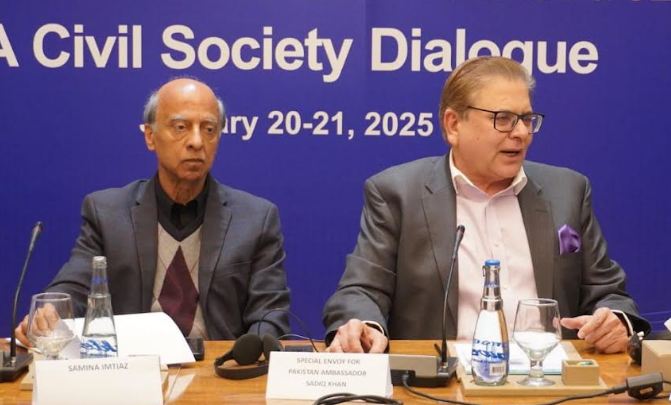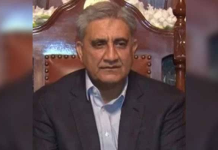ISLAMABAD, JAN 20 /DNA/ – It will take political commitment and sincerity on both sides to steer Pakistan and Afghanistan out of the current tensions and chart the way for a better future. This was the take-away from a day-long civil society dialogue involving representatives from both countries. Nearly two dozen participants drawn from the two countries, also underscored the need for easing restrictions on visas for Afghan citizens, which they agreed, are breeding animosity and negativity among Afghans.
The participants of the dialogue, organized by the Center for Research and Security Studies (CRSS) pointed out the losses worth millions of dollars that farmers and traders have been enduring due to abrupt border closures and political tensions. These disruptions, coupled with the corruption of officials, hit traders and farmers of both countries. Robust mechanisms and consistent policies can help minimize such disruptions and the ensuing losses, the participants suggested.
Intensive discussions centred on girls’ education, terrorism, obstructions in the way of transit and bilateral trade, and visas for Afghan nationals. They also called on both governments to keep politics and trade separate and engage in meaningful dialogue on issues that are of primary concern to both countries.
The civil society dialogue took place to the context of a spike in TTP-led terrorist violence and the consequent bombing of the terrorist outfit’s camps in eastern Afghanistan in December.
Special representative for Afghanistan, Mohammad Sadiq also attended the session and listened to presentations from both sides. He promised to look into the visa-related complaints and issues encountered by common Afghans, and also informed the audience of the multiple steps the government is taking to smoothen visa processes and facilitate traders on both sides of the border.
“Only through mutual consultations can we overcome problems that are hindering peoples’ and goods movement between the two countries”, delegates proposed.
One way of rubbing off bilateral acrimony, would be to involve a third party like China or Qatar, delegates said, adding such a trilateral dialogue has been helpful in various other instances too.

















